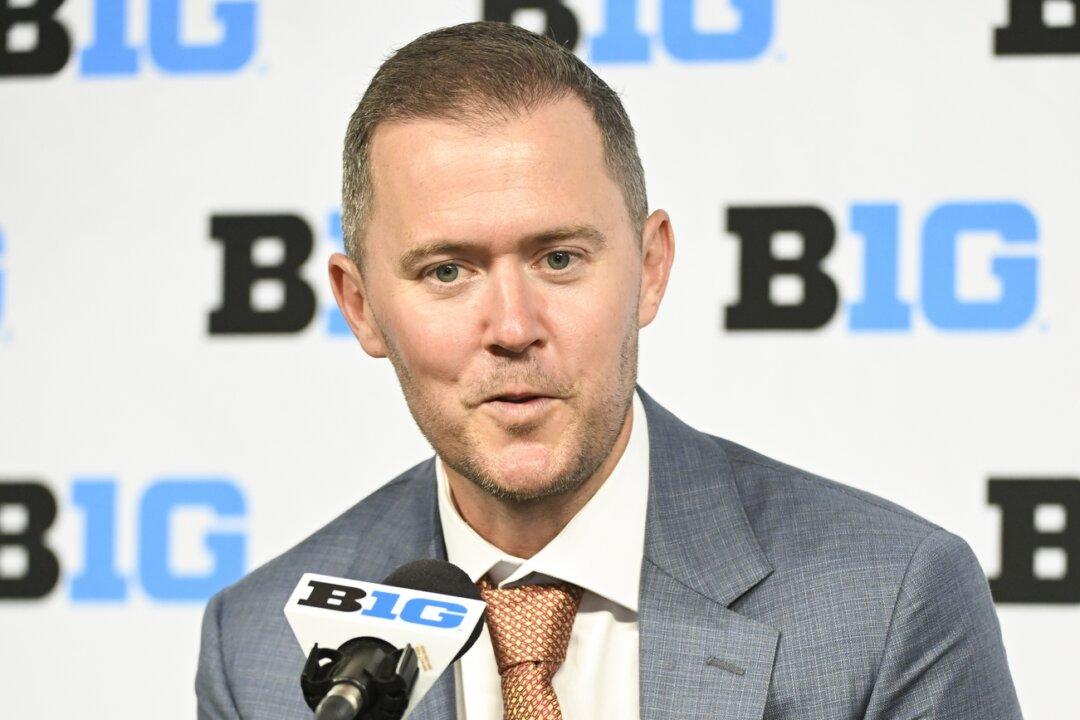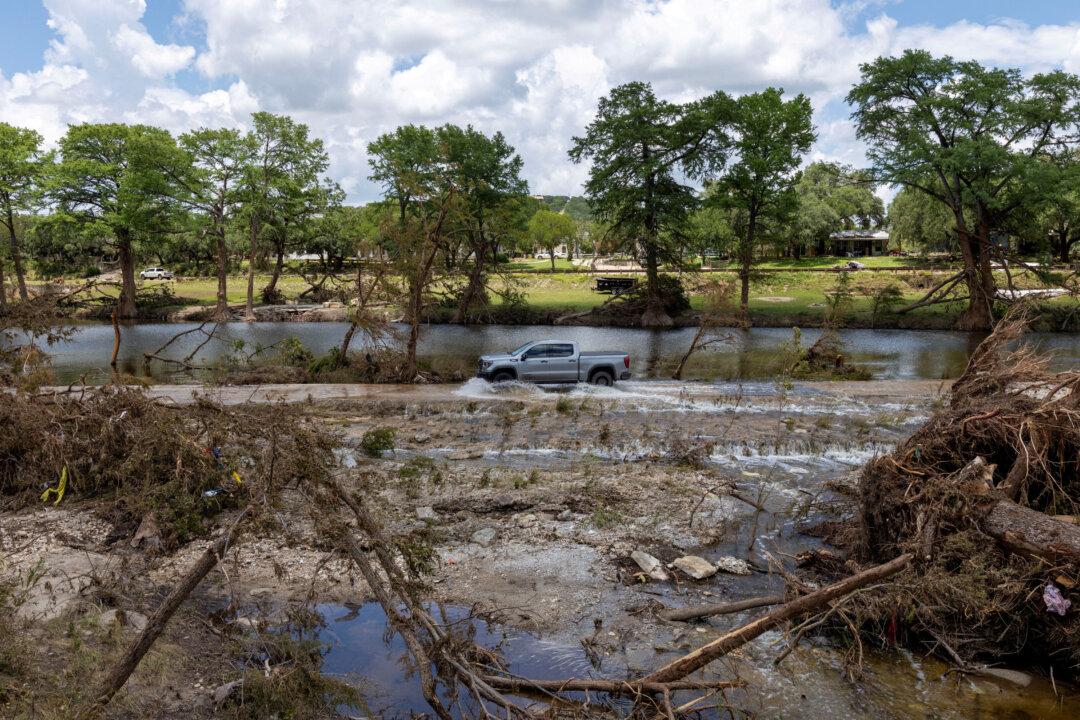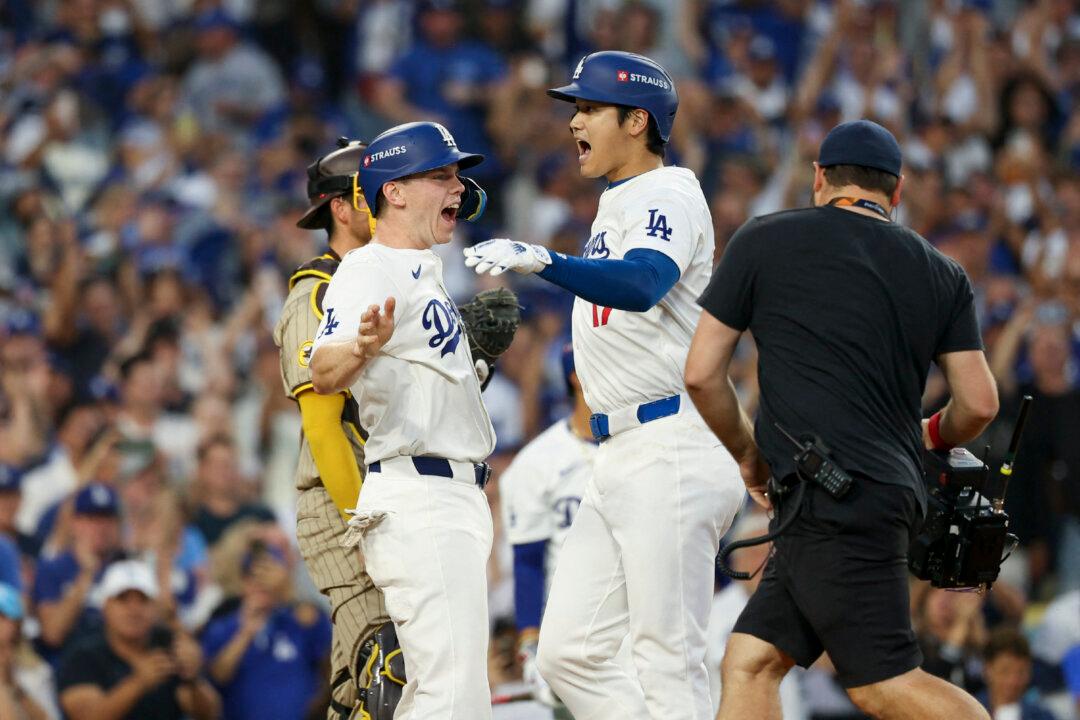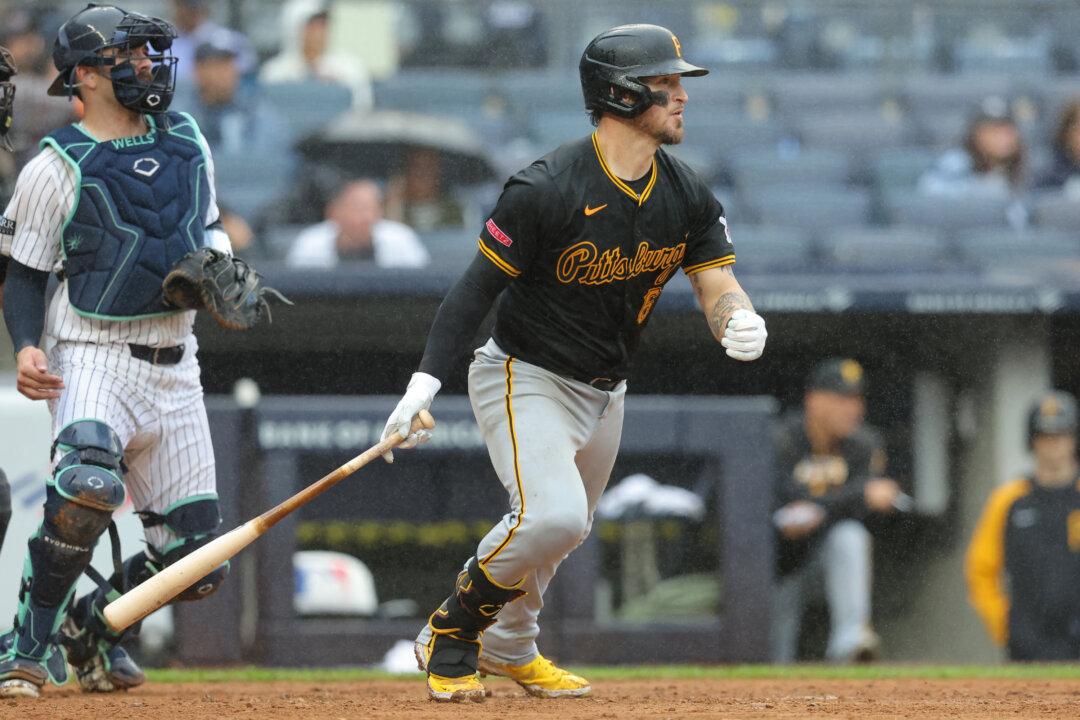With their summer 2022 joint declaration of intent to leave the Pacific-12 Conference in 2024, Los Angeles-based rivals UCLA and Southern California began a groundswell that fundamentally changed the college football landscape.
The two programs hope to find stable footing as they begin competing in the Big Ten this season. The first two newcomers in the Big Ten’s Western expansion, which also includes Oregon and Washington with their Pac-12 exits announced in August 2023, add the nation’s second-largest media market and brand recognition to the conference.





